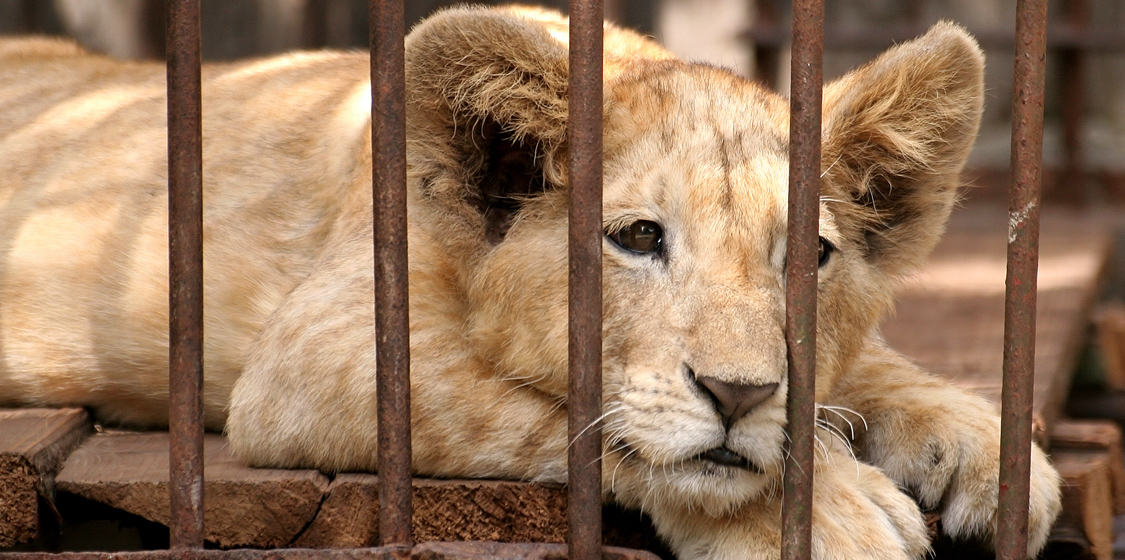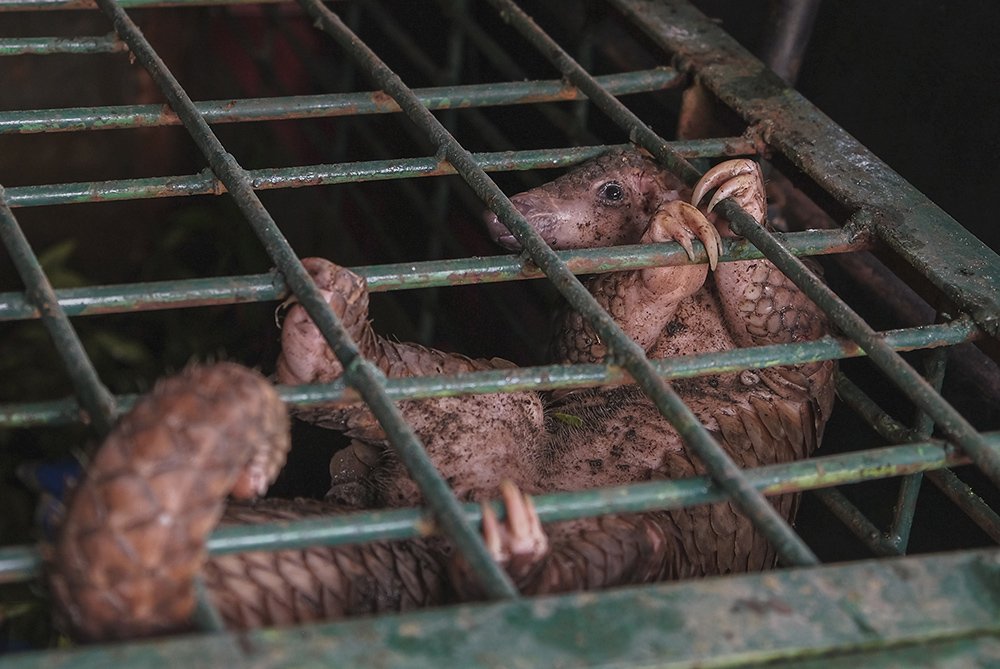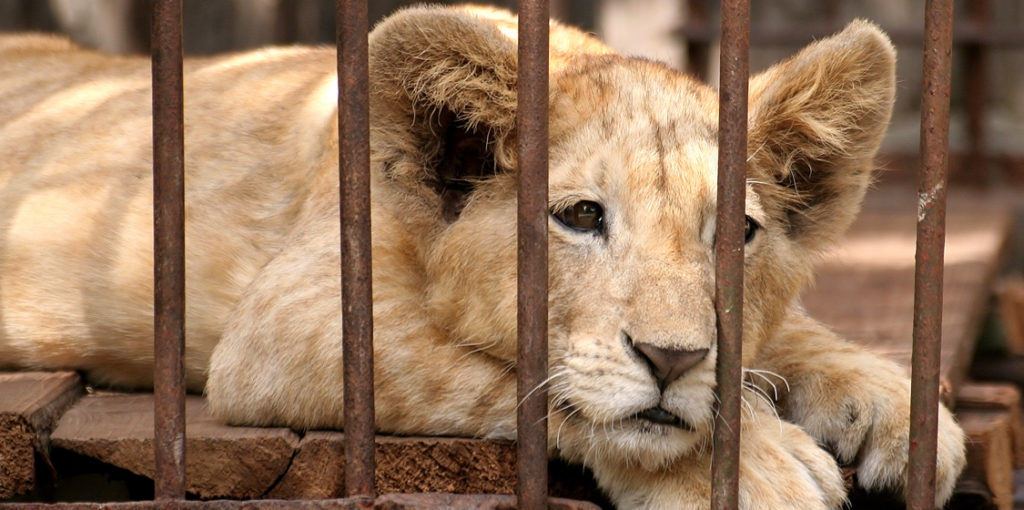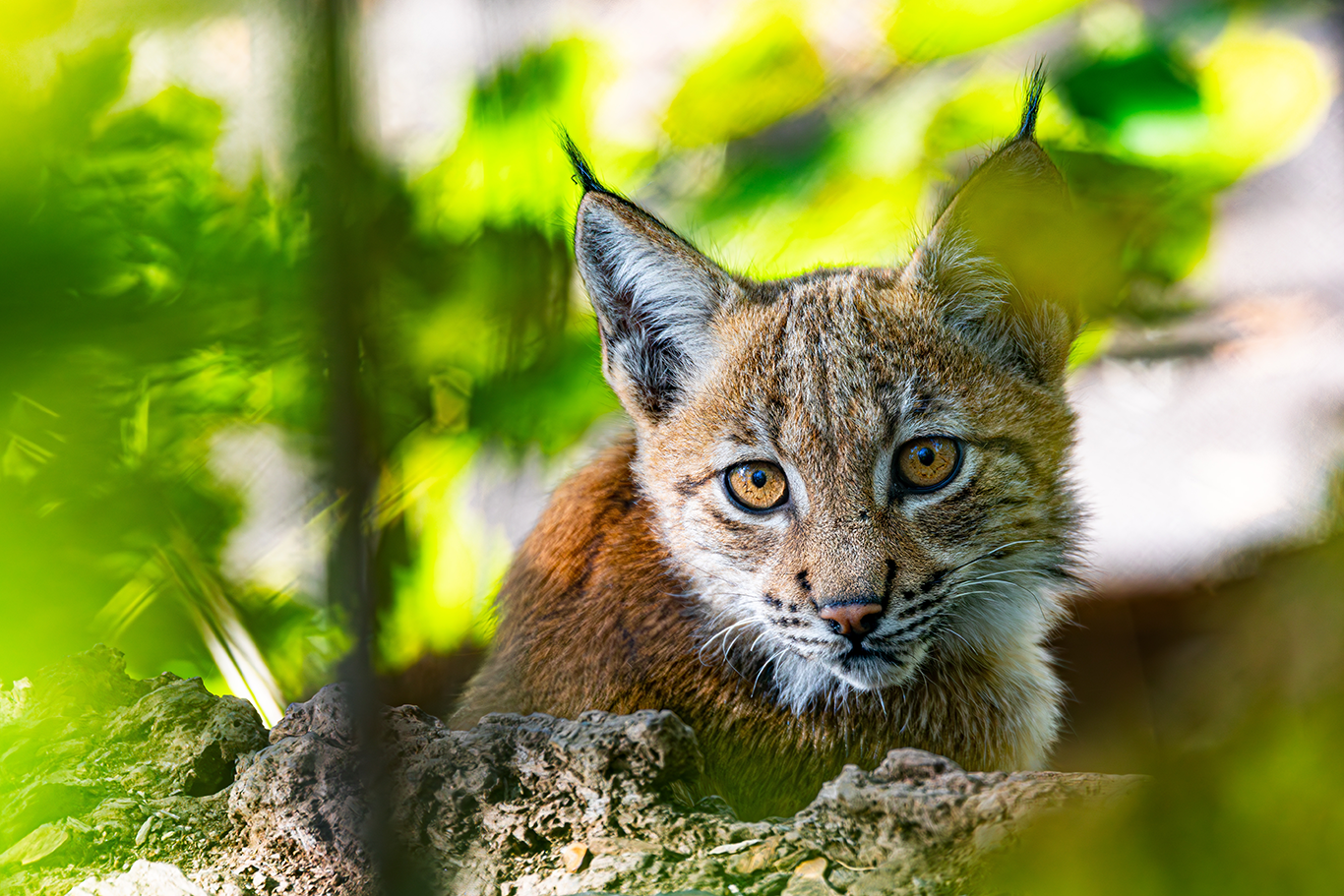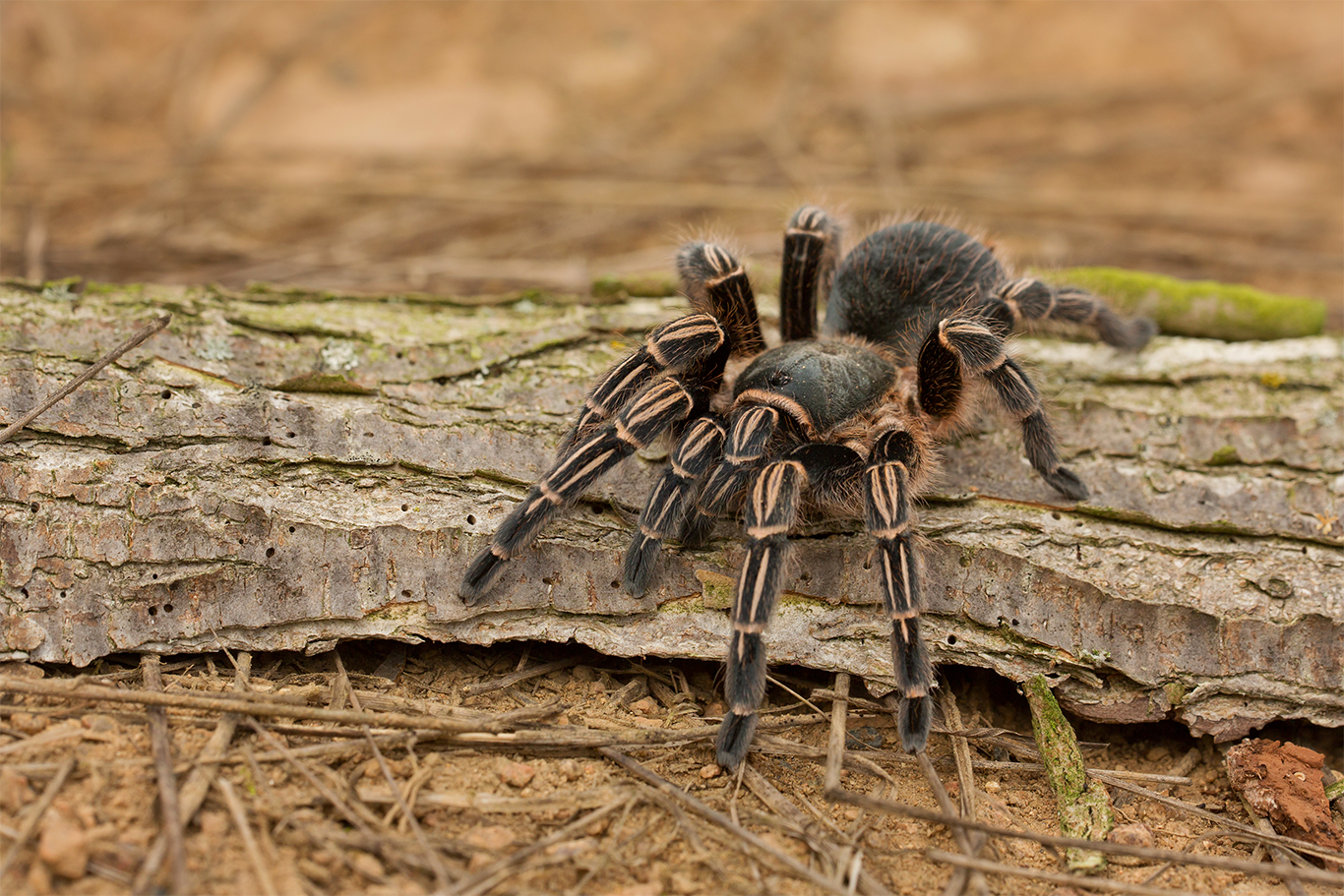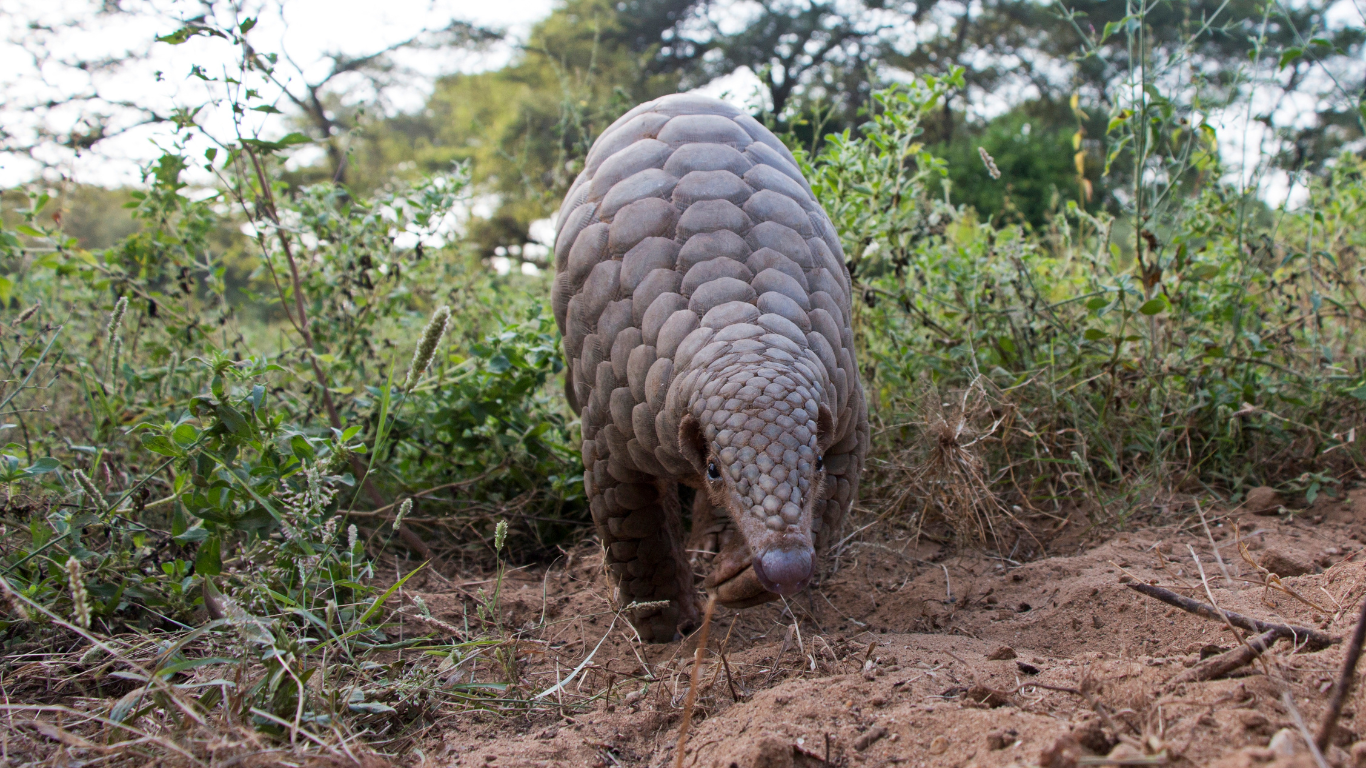South Africa is failing dismally to protect its vulnerable wildlife from illegal trading, provoking a deep-seated sense of outrage among animal welfare experts and conservationists. According to a damning report published by EMS Foundation and Ban Animal Trading, fatally flawed and poorly enforced regulations are enabling an industry driven by profit and greed to thrive.
In a perfect world, wild animals would live where they belong. There would be no wire cages, cramped pens, or dirty enclosures. No money to be made from their exploitation. No enjoyment to be had by their confinement. Tragically, South Africa - with its beautiful and diverse wildlife - is a growing hub for the illegal export of wild animals. South Africa supplies the lion’s share of living wild animal export to Asia.
The EMS Foundation and Ban Animal Trading investigated the export of a large sample of wild animals to China. Both NGOs found evidence of dysfunctional regulations and permitting procedures in South Africa, alongside extremely concerning nature conservation issues.
The report – titled Breaking Point: Uncovering South Africa’s Shameful Live Wildlife Trade With China - found that 5 035 live wild animals were exported from SA to China between 2016 and 2019. The list comprised of a bewildering array of species, ranging from kudu and giraffe to chimpanzees, African penguins, wolves, ring-tailed lemurs, and no fewer than 45 Bengal tigers, a species not native to Africa.
Huge oversights by CITES and a lax approach at enforcing laws included incorrectly dated, undated and unsigned permits, permits listing incorrect numbers, ages, and places of origin for the animals involved, as well as permits giving untraceable or fictitious destination addresses in China and illegal shipments masked as legitimate exports. The authors concluded that in most cases the exports that were permitted should never have been allowed to take place.
Another section of the report explored Chinese legislation for the protection of wild animals. It found that laws that attempt to prevent the trade in endangered species contained a myriad of exemptions so as to be “essentially meaningless”. Scientific research, captive breeding, and public exhibitions or performances, for example, were all escape clauses under which animals could be traded.
If gross misconduct was not concerning enough, perhaps the fact that these findings have emerged at a time when the entire globe is reeling from a deadly disease that originated in wild animals should be the last straw. Astonishingly, the report notes that South African exports continued even at the time when China reached its peak of the Covid-19 outbreak.
The Animal Survival International (formerly Political Animal Lobby)'s Nicolette Peters pointed out that the report emphasized that South Africa seemed to be following China's laws on wildlife - taking numerous legal steps to ease the flow of traffic in wild animals and their parts.
“Wildlife being reclassified as livestock under the Animal Improvement Act, and all species of vertebrae proposed to be included in the Meat Safety Act, for example, are amongst the actions that the South African state has taken, which make it easier for to export wild animals, dead or alive,” said Peters. “The South African Government has the legal framework to control the illegal wildlife trade but chooses to encourage it instead. The Government’s deceit and trickery must be exposed and brought to a halt to save our precious wildlife.”
Peters went on to say that immediate steps need to be taken to tackle the inhumane and indiscriminate trade in wild animals. “The international wildlife trade has nothing to do with conservation and everything to do with commercialisation, commodification, and profit,” she said. “CITES must be replaced with a completely different international preventative and precautionary legally binding agreement that establishes universal adherence to, and implementation of, a comprehensive and complete ban on the wildlife trade.”
ASI is committed to the abolition of the live trade of wild animals, including captive-bred wild animals; captive breeding and farming of wildlife for trade; the consumption of wild animals, and ‘wet markets’, where wild and domestic animals are held in close proximity to humans in unhygienic conditions.

